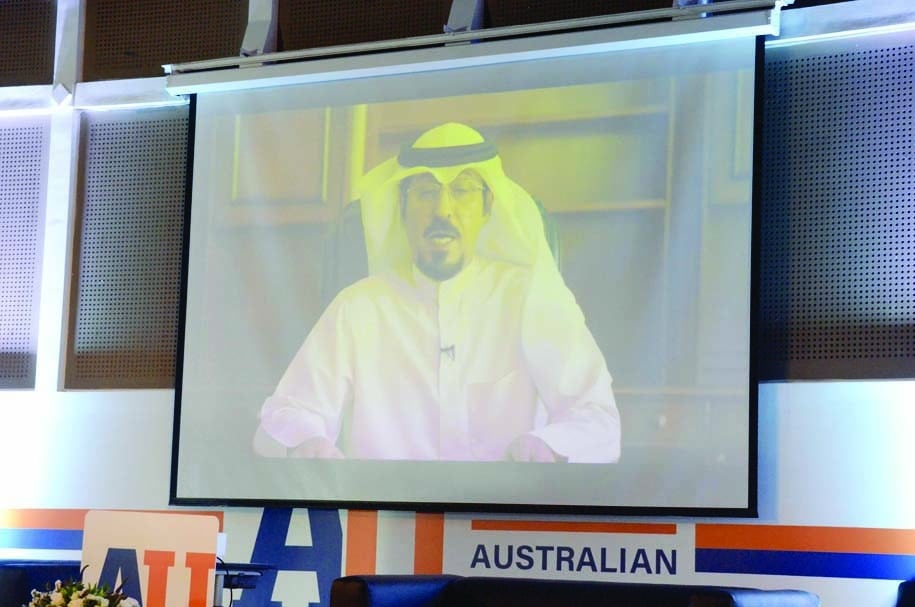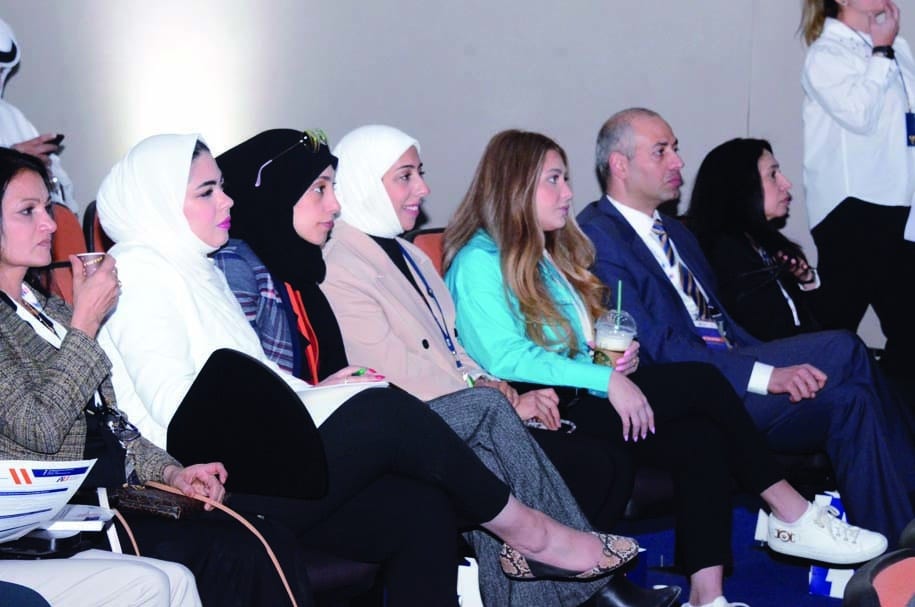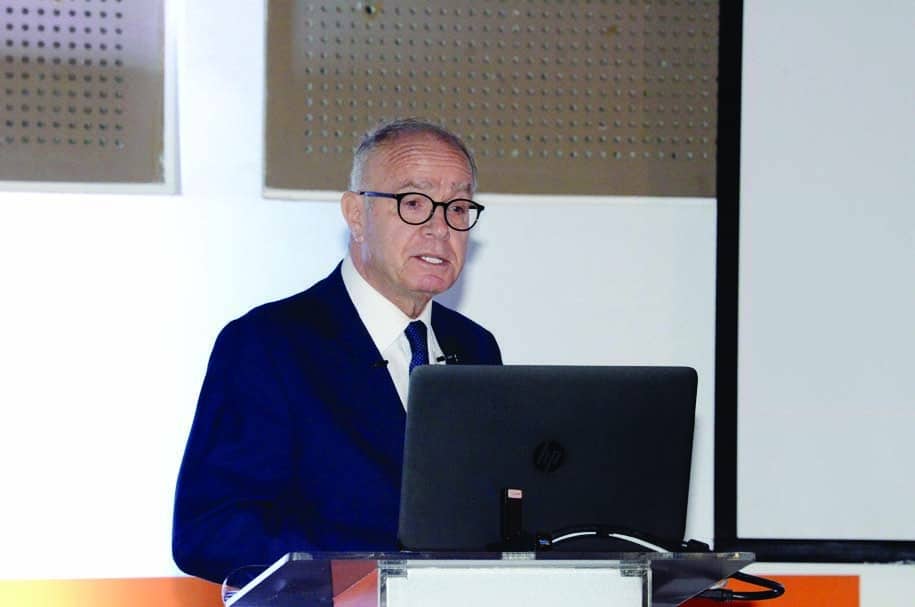By Faten Omar
KUWAIT: The Australian University (AU) hosted a forum titled "Rethinking Education for a Prosperous and Sustainable Future" in collaboration with the World Bank Group in Kuwait. The forum discussed the worldwide situation of higher education that needs to be developed with an awareness of both risks and opportunities to promote an educational system for a sustainable future.
In his opening speech, Omar Al-Kandari, Secretary-General of the Private Universities Council, said: "Kuwait and the world have witnessed a qualitative change in the education sector, and accordingly, the private education council works to pay attention to educational institutions to ensure the quality of education, while giving them the space to develop their performance in light of competition to provide advanced educational materials that meet the needs of the local, regional and international labor market."
"To achieve the desired results and ensure the quality of its outputs with the requirements of the local community and economic needs, today's forum will serve the students to ensure a prosperous and sustainable future for the teaching and learning process, especially in light of the challenges caused by the pandemic. It empowered youth to find advanced solutions to challenges and build innovative capabilities to participate in achieving the development plan of Kuwait's 2035 vision," Kandari added.
 Omar Al-Kandari, Secretary-General for the Private Universities Council, delivers his speech via videoconference.
Omar Al-Kandari, Secretary-General for the Private Universities Council, delivers his speech via videoconference.Graduate attributes
Isam Zabalawi, President of Australian University, discussed graduate attributes (GAs) and employability and how they help AU and students prepare for the changing landscape, noting that graduate attributes are the qualities, skills and understandings that students should develop during their time with the institution. "They are qualities that also prepare graduates as agents of social good and to be a good contributor to the society," he said.
Zabalawi added that AU is preparing its students to meet the needed qualities employers look for, such as communication skills, honesty, loyalty, dependability, teamwork, flexibility, self-reliance, eagerness to learn, confidence, work ethic, determination, problem-solving skills, positivity and ambition.
Zabalawi revealed that AU looks at the student as an asset to the nation and subsequently to the world. "The student can bring pride and hope to their family and acquaintances, and can be a good leader, politician and entrepreneur, which can ultimately help the nation and its citizens. Therefore, AU must equip them with appropriate attributes and abilities," he said.
On employability and graduate attributes in the context of career development, he said: "For graduates to stand the best chance of securing occupations in which they can be satisfied and successful, they must receive some education in career development. Part of the role of the university is to provide socially responsible citizens and be prepared for a largely unknown future. The government has expectations that universities will become more cost-effective by focusing on outputs. Students are prepared to compete to have better job opportunities, and the university has proper quality assurance standards and is accredited."
 A view of the audience.
A view of the audience.Education reshaped
Talking about education, youth and the future of work, Ghassan Al-Khoja, Resident Representative of World Bank in Kuwait, said: "There are some positives due to the pandemic; it made us move away from our traditional teaching practicing. Coronavirus has reshaped and reframed global education and made educational technology improvements."
"Will technology replace labor," he asked, noting that World Bank's World Development Report in 2019 was on "The Changing Nature of Work" - how the nature of work is changing as a result of advances in technology today, showing that fears that robots will replace people to be unfounded.
The report revealed that work is constantly reshaped by technological progress, where firms adopt new ways of production, markets expand and societies evolve. Overall, technology brings opportunity, paving the way to create new jobs, increase productivity and deliver effective public services. The rise of the digital platform means that technological effects reach more people faster than ever before.
The forum attracted a local and international audience from various teaching backgrounds, where they discussed needed skills and future of work, the main priorities of Kuwait's 2035 vision concerning education in a knowledge economy era, developing strategy for the labor market in Kuwait, digital transformation and post-COVID psychological well-being of teachers and students.











